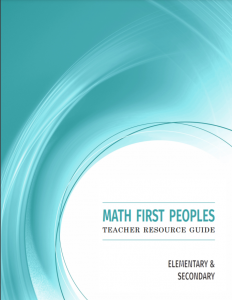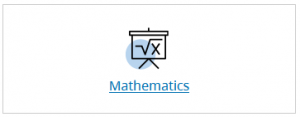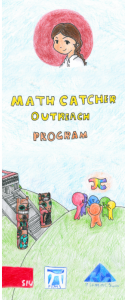
Here is a webcast recording from October 2020. It’s about what decolonizing and Indigenizing means to curriculum. These Indigenous voices are telling us that we need to learn from Indigenous people, not about them. We need to have cultural humility. We should learn to listen and listen to learn. Education needs to be humanized. Reconciliation means more than an informative process, it requires transferrable practice. Examples are given about what Indigenizing a curriculum looks like. Getting community members involved in curriculum development. Incorporating Indigenous languages into the curriculum. Using oral traditions. Include community events. If you think about building trust within the community, consider more community involvement throughout the curriculum. This webcast is very insightful. As you watch it, you will also learn about many key Indigenous curriculum principles. One of the principles is including Indigenous people to set curriculum agendas and giving space for nonIndigenous people as they may also have good insight.
What do you think about the ideas shared here? How do you see these ideas fitting into your curriculums?
https://www.youtube.com/watch?v=CqASXOfihAI
Reference:
Centre for Educational Excellence. (2020 November, 3). Interrupting the academy: Decolonizing and Indigenizing the curriculum. [Video]. Youtube. https://www.youtube.com/watch?v=CqASXOfihAI


